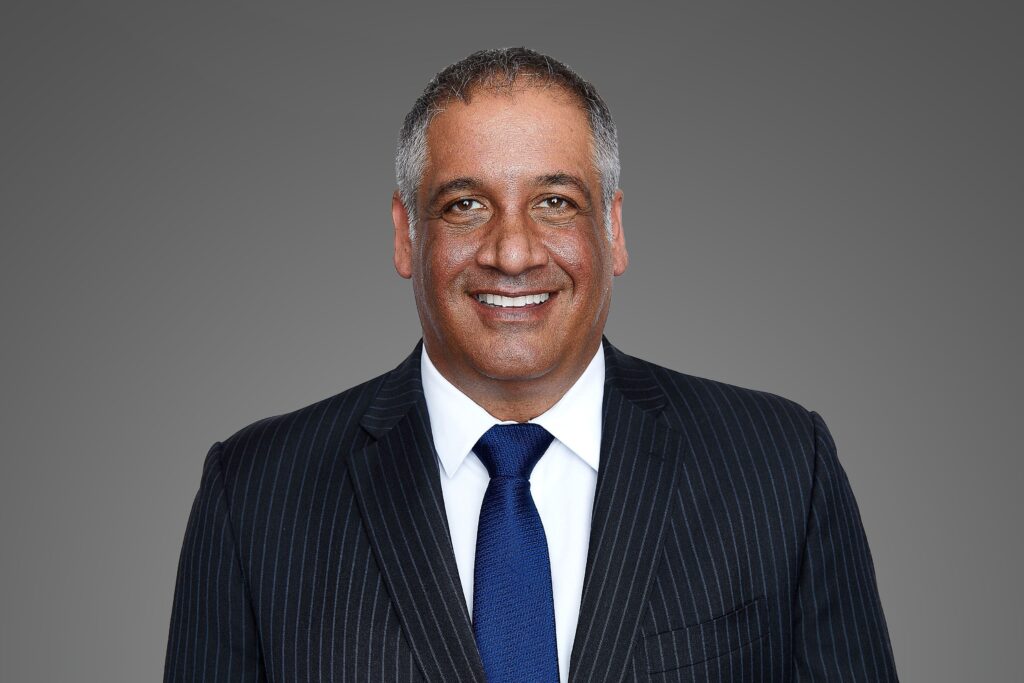Sometimes, even if your disability is genuine, your disability claim may still be denied by your insurance company. It should not come as a surprise. Insurance companies are not there to help prove your disability even if it’s evident—the burden of proof rests on your shoulders. Specifically, it is dependent on the completeness and strength of the medical evidence you can present.
There are practical steps you can take to avoid getting denied. Whether filing for short- or long-term disability, hiring a disability attorney in Los Angeles will be helpful, to make sure all the bases are covered.
If you feel confident enough to file the claim on your own, make sure you understand your rights in the State of California and your responsibility to present sufficient evidence for your case. Also, be aware that some insurance companies may hire someone to gather evidence that disproves your claims.
Know Your Rights in Los Angeles, CA. Beware of Discretionary Clauses
Beware of disability insurance policies slanted in favor of insurance companies, especially due to discretionary clauses. Discretionary clauses are provisions in an insurance policy or plan that can only be interpreted by the plan administrator or provider. Although they’re no longer allowed in California, some insurers may think they can still get away with the old system.
The problem with discretionary clauses is obvious. Only the insurer or plan provider can determine who is eligible to receive benefits as a result of the clause or resolve questions concerning it.
Since 2012, the California Insurance Code section 10110.6, which says that grants with discretionary clauses can be made void and unenforceable, have protected California residents from this shady practice. As an insured employee or disability insurance policyholder, you should know that you can contest such provisions should you find them in your insurance policy.
Be Proactive in Submitting Medical Proof
Make sure that you submit the required medical documents on time. Note that some insurers may “fail” to get your medical records on purpose.
Your insurer should give you a list of medical records for submission. If they don’t, ask for it. Make sure you’re not missing anything out. Get receiving copies signed. Once you’ve submitted all required documents, verify with them that they have received every document you sent them.
You should also get a written statement from your doctor or doctors and make sure it’s clear on the severity of your situation and the length of time it takes to recover from it if it’s not permanent.
Be proactive. Most long-term disability cases will be denied due to a lack of medical proof. Telling the truth is not enough. You have to prove that you are telling the truth.
Prevent Counter-Evidence. Be mindful That You’re Under Investigation
Your insurance company may hire an investigator to gather evidence to disprove your disability claims. Evidence can be in the form of surveillance videos, social media posts, proofs of your activities, and even non-appearance to medical appointments.
It is possible to find evidence that misrepresents your true condition. Let’s say your doctor diagnosed you with fibromyalgia. Your particular state will make you unable to work on bad days, but may allow for some good days. Your employer may also advise you not to work during some good days to manage your condition.
If, during a non-working good day, an investigator took a video of you carrying your garbage out or raking leaves on your lawn, your insurer may use the video against you. It wouldn’t be an accurate representation of your condition, but the video will be hard to refute.
You may contest by presenting your doctor’s statement, but what if it’s too late to submit one? And what if your doctor says he doesn’t allow you to engage in such activities? You can’t predict how creative and imaginative people can get when coming up with evidence to contest claims, so it’s best to lie low during an investigation.
Moreover, you have to follow medical treatment and doctor’s orders faithfully. Failure to attend doctor’s appointments and follow treatment procedures may be used as evidence of the absence of your condition.
Don’t Settle
Aside from the above challenges, your insurer may also delay or slow down the filing and investigation process. And after a lengthy battle, they may offer you less than the amount you think you deserve. When this happens, you have every right to appeal your claim immediately or within 180 days, with the help of an attorney.
At Haffner Law in Los Angeles, our disability attorneys are experienced and aggressive in dealing with bad faith insurance. We will walk you through the appeals process and build you a solid case that will help you get the benefits you deserve.
For a free, no-obligation consultation, contact us at 1-844-HAFFNER (213-514-5681).
(This is an attorney advertisement by Joshua Haffner)








